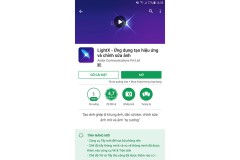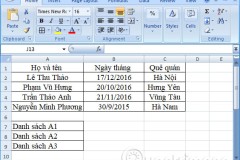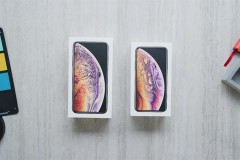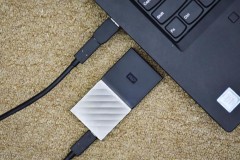WASHINGTON, May 21, 2025 (GLOBE NEWSWIRE) -- A new report by EqualSea Lab of the University of Santiago de Compostela and commissioned by Oceana exposes ownership information, or lack thereof, of the world’s large-scale fishing (LSF) fleets. Industrial fishing vessels account for 60% of all marine fisheries landings and receive over 80% of all global government fisheries subsidies. LSF fleets’ outsized impact on seafood production makes ownership transparency critical to fisheries governance. Despite this, nearly two-thirds of LSF vessels lack any available ownership information, the report found.
The country where a vessel is registered — its flag state — rarely tells the full story of who really profits from that vessel’s fish catch. According to the report, more than one in six vessels are legally owned in a country different from their flag state. This can reflect a deliberate strategy by the ultimate owner, also called the beneficial owner, of a vessel to hide behind layers of other registered individuals and shell companies in order to lower costs, dodge taxes, or secure additional fishing opportunities. By simply registering in whichever country offers the most lenient rules, bad actors have a greater ability to potentially conceal illegal activities.
“The lack of transparency around vessel ownership undermines local fishers’ livelihoods with unfair competition,” said Philip Chou, Oceana’s Senior Advisor. “Without making ownership data public, penalties are ineffective, and enforcement fails because crew members are punished while owners walk free.”
Additionally, many flag states do not require beneficial ownership information to be disclosed at the time of vessel registration, allowing owners to hide behind anonymity and weakening flag states’ ability to effectively enforce laws or hold vessel owners accountable.
“Big fishing companies are not being held to the same standards as other industries,” said Maisie Pigeon, Director for the Coalition for Fisheries Transparency (CFT), a global network of civil society organizations mobilized to advance fisheries transparency. “As long as we don’t know who really owns and controls large industrial fishing vessels, governments will struggle to stop illegal activity and make sure fishing rights are shared fairly. It’s time to demand transparency about who’s really behind the big players in the fishing industry.”
The most common registries used by foreign firms to flag LSF vessels are those of Panama, Belize, and Honduras, the report found. At last month’s Our Ocean conference in Busan, South Korea, the Government of Panama pledged to increase their use of fishing vessel ownership data — including beneficial ownership — when granting licenses, but fell short of committing to disclose the information publicly, which is a key pillar of CFT’s Global Transparency Charter — a framework of 10 policy principles to guide governments in improving fisheries transparency, governance, and accountability.
Oceana is calling on flag states to require beneficial ownership information upon vessel registration and to share this information publicly, among other recommendations found in the policy brief.
The policy brief and full report are available here.
Oceana is the largest international advocacy organization dedicated solely to ocean conservation. Oceana is rebuilding abundant and biodiverse oceans by winning science-based policies in countries that control one-quarter of the world’s wild fish catch. With more than 325 victories that stop overfishing, habitat destruction, oil and plastic pollution, and the killing of threatened species like turtles, whales, and sharks, Oceana’s campaigns are delivering results. A restored ocean means that 1 billion people can enjoy a healthy seafood meal every day, forever. Together, we can save the oceans and help feed the world. Visit Oceana.org to learn more.
Contacts: Gillian Spolarich – gspolarich@oceana.org
Lindsey Godbout – lgodbout@oceana.org
















